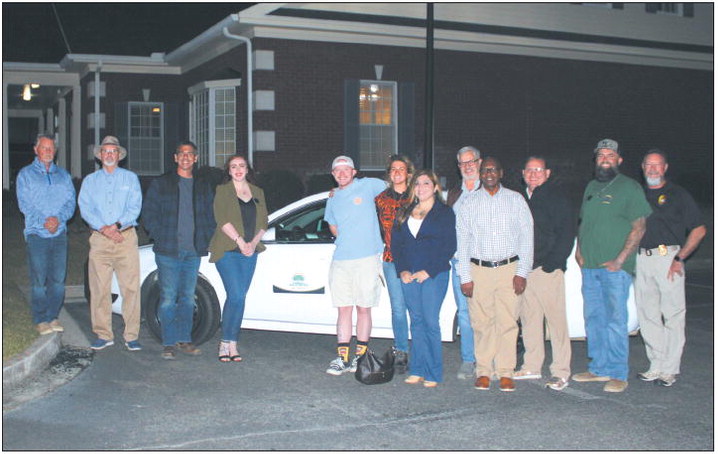Teachable Moment
the Teachable Moment
What is Hanlon’s razor?
A razor is a principle or rule of thumb. Hanlon’s razor states “never attribute to malice that which is adequately explained by stupidity.” The expanded version is “Never attribute to bad intentions, such as malice and self-interest, that which is adequately explained by other causes, such as stupidity, ignorance, carelessness, or incompetence.”
Hanlon’s razor suggests that when assessing people’s actions, you should not first assume that they acted out of a desire to cause harm. For example, if you don’t receive a notice about an important event in your company, you shouldn’t assume that the person in charge didn’t send it to you because they dislike you. It may be reasonable to assume that they simply forgot to send it.
Another example, consider that your neighbor is making a lot of noise. Don’t just assume that they know the noise is bothering you. Using Hanlon’s razor, you realize that they may simply be unaware that the noise is an issue. This realization can lead you, instead of getting angry, just to politely ask them to lower the noise. However, Hanlon’s razor doesn’t imply that actions never occur because of bad intentions or that a bad action is acceptable just because it happened as a result of stupidity or carelessness. Rather, Hanlon’s razor is simply used to keep you from jumping to negative conclusions before thinking through a situation, so you can decide how to judge that action and respond accordingly.
“Never attribute to malice that which is adequately explained by stupidity.”







